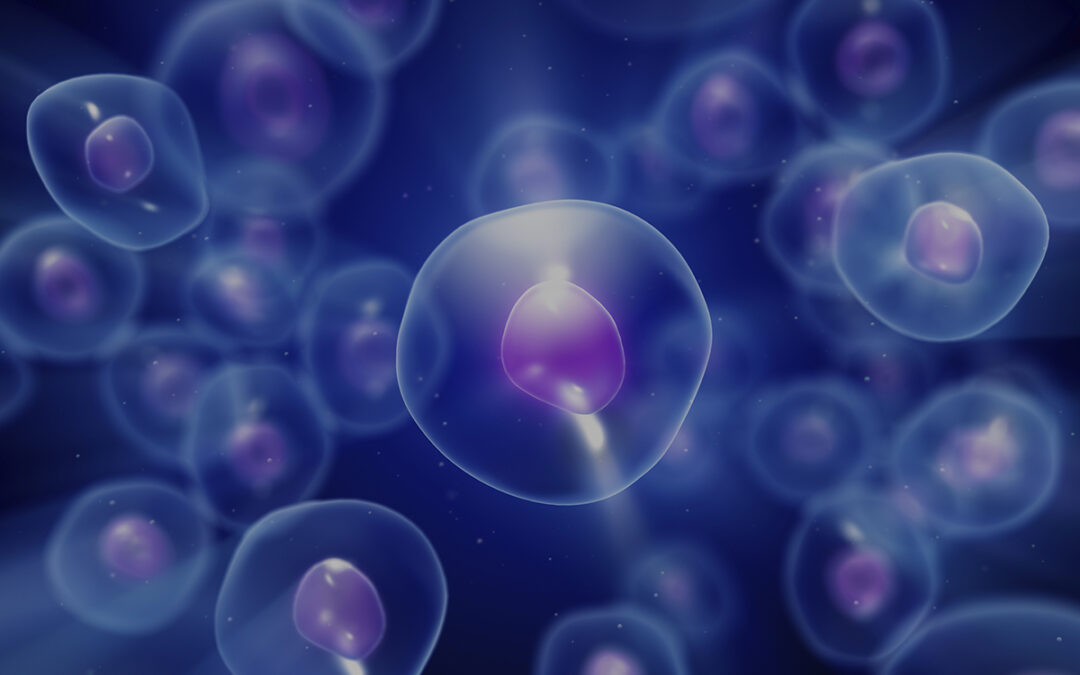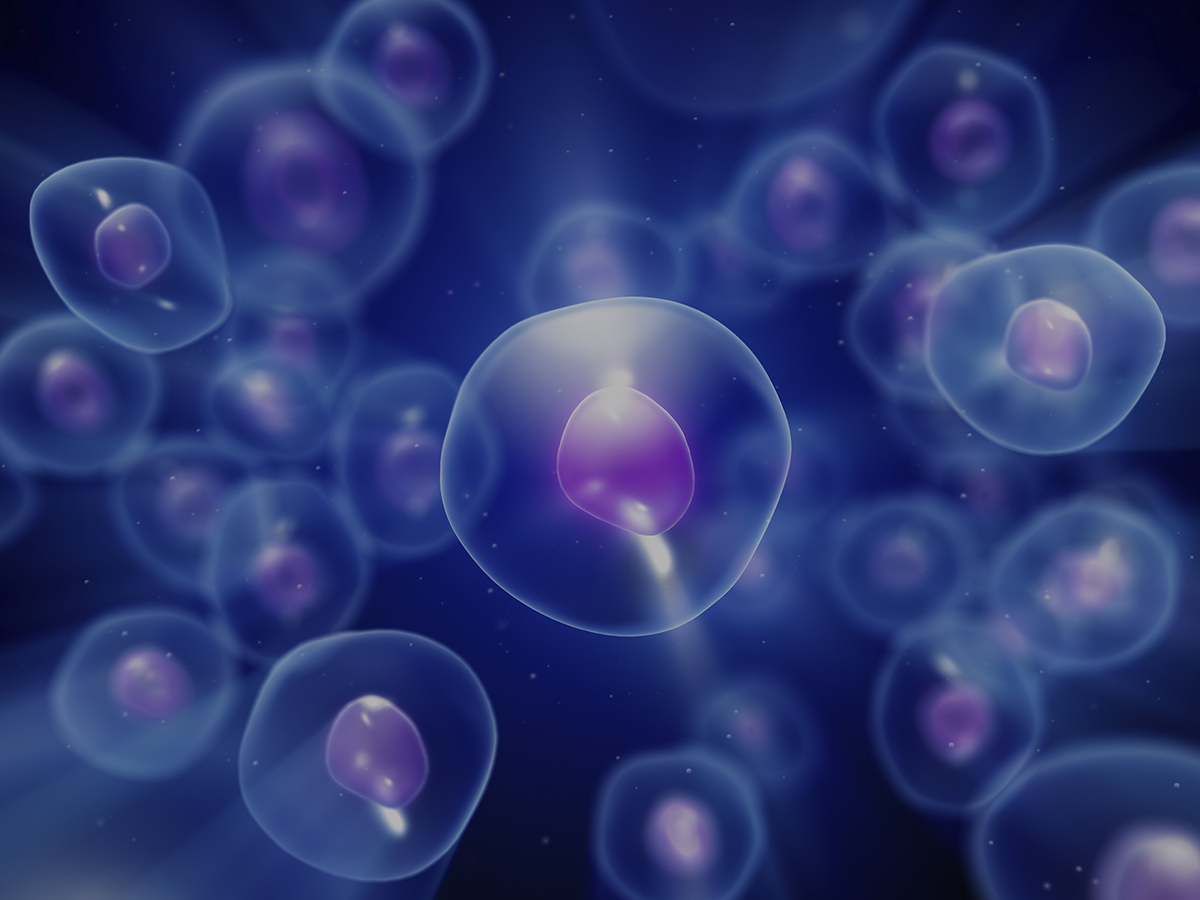SAN ANTONIO, Oct. 13, 2014 /PRNewswire-USNewswire/ — On a night of heartfelt celebration, nearly 550 members and supporters of San Antonio’s biomedical sector welcomed Francisco Cigarroa, M.D., back “home” to receive BioMed SA’s 9th Annual Julio Palmaz Award for Innovation in Healthcare and the Biosciences on Sept. 18, 2014. The award dinner marked Dr. Cigarroa’s upcoming return “full circle” to where he started his career as a pediatric transplant surgeon at The University of Texas Health Science Center in San Antonio – and to which he will return in January 2015 after completing his service as Chancellor of The University of Texas System in Austin.
The award, named after Palmaz Stent inventor Julio Palmaz, MD of the Health Science Center, honors individuals who have made significant contributions to advance the healthcare and bioscience fields. Dr. Palmaz himself was on hand to help present the award to his friend and former colleague.
“I am so proud to have played a role in paving the way for the exciting growth of San Antonio’s biomedical sector,” said Dr. Palmaz, whose development of the stent helped revolutionize cardiac care. “And I am especially proud to see the award that bears my name go to my good friend, Francisco Cigarroa.”
A third-generation physician, Dr. Cigarroa said running a world-class higher education system has been both a privilege and a profound responsibility. He cited five transformational initiatives he set forth to accomplish when he was selected as Chancellor of the UT System in 2009. “Nearly six years later, I am proud to say that my team and I have achieved those goals,” he said.
He attributed his success as a surgeon and administrator to the Health Science Center and the San Antonio community, “who took a chance on an unproven faculty member who arrived in 1995 as an assistant professor and five years later became president of the institution. You have not really lived unless you’ve experienced a promotion from assistant professor to president of a university,” he said. “It was like flying a jet at warp speed without ever reading the instructions!”
He recalled former Mayor Henry Cisneros’ 2005 efforts through the San Antonio Chamber of Commerce to establish an entity to help raise San Antonio’s visibility as a global center for healthcare and the biosciences. Those efforts spawned the creation of BioMed SA.
Current BioMed SA Chair Kenneth P. Trevett, who emceed the dinner, noted that medical innovations such as the Palmaz stent are as much a part of San Antonio’s legacy as its historic missions.
“Information flows on well-traveled paths, not necessarily on the most direct routes,” Trevett said. “And that is why we need to invest, not only in our research, clinical care, product development, and personnel training. We must invest in the message of accomplishment of this city and its people. That is the primary purpose of BioMed SA – to share with as wide an audience as possible the vitality of this city’s biomedical enterprise. Tomorrow in biomedicine and the life sciences belongs to San Antonio…if we only choose to claim it.”
The dinner began with a special welcome from San Antonio’s new mayor, Ivy Taylor, who acknowledged the importance of San Antonio’s leading industry sector and its progress in key areas of medical science, including regenerative medicine.
She called on Bernard Siegel, organizer of the World Stem Cell Summit, for an update on the 10th annual Summit to be held in San Antonio December 3-5, 2014. Siegel thanked the many San Antonio sponsors and local Host Committee that are working to make this year’s meeting the best yet. He also announced that BioMed SA Founder Henry Cisneros will receive the Leadership Award at the Summit’s Stem Cell Action Awards Dinner on December 3.
Dr. Cigarroa was joined at the dinner by his wife, Graciela; his mother, Barbara and other family members from San Antonio and Laredo, as well as other members of the Chancellor’s Office in Austin.
“Let me conclude by saying that San Antonio has always been a special place for the Cigarroa family,” said Dr. Cigarroa. He noted that his grandparents fled the Mexican Revolution and settled in the Alamo City, where they raised their family and started a clinic to serve the poor. They later moved to Laredo where Dr. Cigarroa’s father continues to practice medicine today at age 89.
“Thank you very much, BioMed SA, for this great honor,” he concluded. “Turn the porch light on, San Antonio. Graciela and I are coming home!”
For more information, visit http://biomedsa.org/palmaz/archive14.
SOURCE BioMed SA


